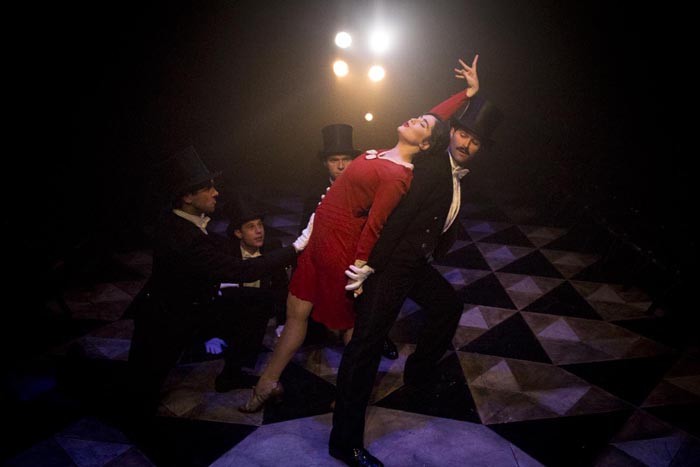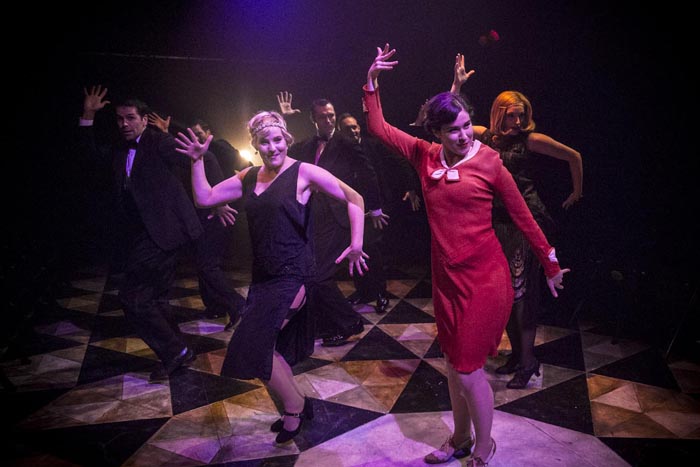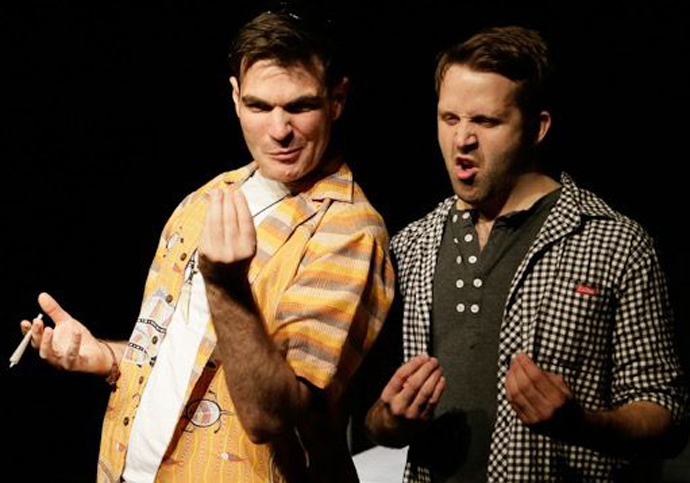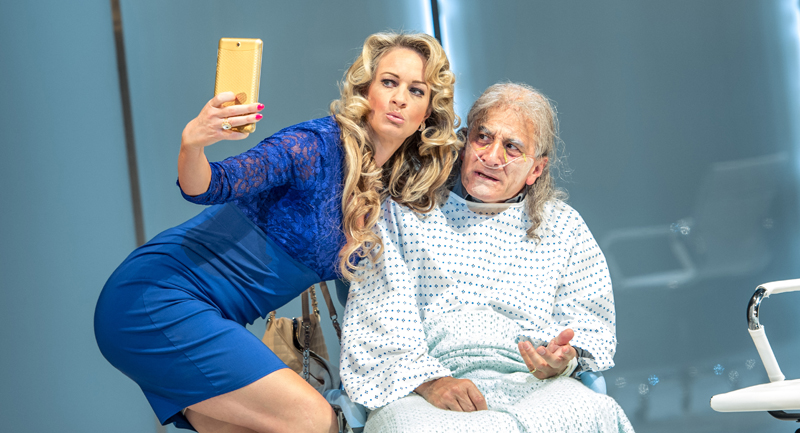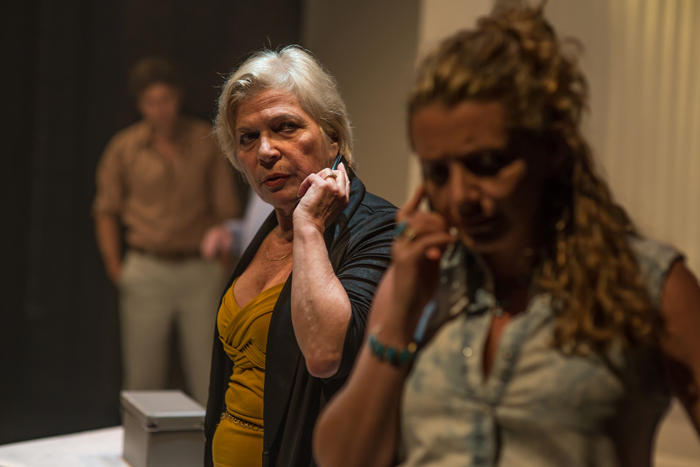 Years ago I made a radio feature in Jerusalem – it doesn’t matter what it was about. I wanted to weave a soundscape that evoked the troubled city. As I walked its streets recording, a muezzin chanted the Muslim call to prayer and church bells sounded. Through the windows of a yeshiva (Jewish religious school), which were open for the heat, I could see the boys with their side locks and hear them chanting dutifully after their bearded teacher; and all the while overhead a helicopter hovered, its roar providing an ominous background to these sounds of the divided City.
Years ago I made a radio feature in Jerusalem – it doesn’t matter what it was about. I wanted to weave a soundscape that evoked the troubled city. As I walked its streets recording, a muezzin chanted the Muslim call to prayer and church bells sounded. Through the windows of a yeshiva (Jewish religious school), which were open for the heat, I could see the boys with their side locks and hear them chanting dutifully after their bearded teacher; and all the while overhead a helicopter hovered, its roar providing an ominous background to these sounds of the divided City.
Just as, sadly, my soundscape has not dated, so Julia Pascal’s 2003 play, set during the Second Intifada, still provides a careful exploration of what life is like for men and women who live on different sides of Israel’s idealistic divide; Arab and Jewish Israelis, Muslims, Christians and Jews.
She was able to research its background during time spent in Israel, when she sought to talk in depth to members of its different communities. Speaking French meant she could pass as Catholic to elicit a perhaps franker response from Israeli Arabs than if she had been overtly Jewish. She was taken aback when some spoke of their pipe dream of a Jew-free Israel. But she has duly put their words in the mouths of her younger generation of Arab citizens of the Jewish State.
Pascal's story of two families, of Jews and Arabs, has two generations of the Jewish family make the crossing of the title for a celebratory meal in what used to be their favourite Arab eaterie before the Second Intifada made the crossing so much more problematical (imagine the heightened tension in London after the July 2005 bombings continuing right though the last 10 years). The Arab family owns the restaurant – tellingly perhaps, we never meet its female members. Over the course of the play, though, Pascal paints detailed portraits of both Jews and Arabs of different generations, from those old enough to remember being teenagers during the 1967 Six-Day War to a teenager almost 40 years later, via twenty- and thirtysomethings.
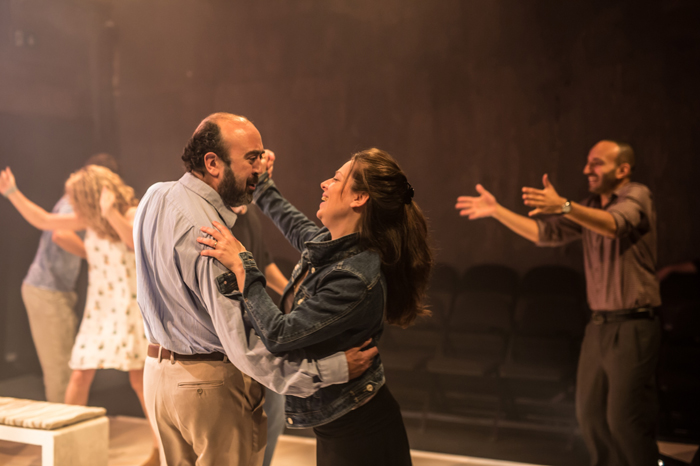
Crossing Jerusalem begins with the whole cast in a spirited, apparently relaxed dance to an Israeli rap number that does indeed give way to a soundscape with helicopters, as IDF (Israeli Defence Force) snipers and Arab teenagers armed with stones exchange fire.
The playwright presents a complicated story of family life, especially in the Jewish family of matriarch Varda Kaufmann-Goldstein, her second husband, Russian émigré Sergei Goldstein, her son Gideon – currently serving in the IDF – and her daughter Liora, about to do some military service too. And that meal is to celebrate the birthday of her daughter-in-law, Yael, mother of her (unseen) five-year-old granddaughter. Sammy’s restaurant is run by the eponymous Sammy Hada, with the help of Yusuf Khallil, whose younger brother Sharif is one of those young teenagers lobbing stones at soldiers. Sharif is a hot head or a brave youngster prepared to make a stand, depending on which community you belong to – and even within his own community, to some extent opinion is divided between generations.
Pascal's interlocking family stories, though complicated, give her play a narrative drive with uncomfortable revelations that are often a microcosm of the bigger picture in Israel. It's a picture that has developed since 1948 and the difficult birth of the Jewish state, so longed for by so many but for the Arab community, "the Naqba", the disaster, through the Six-Day War and succeeding wars and uprisings, to the untenable situation today. A central motor of the plot is the idea that just as the Jews are entitled to reparations after the Holocaust, so the Palestinians might expect similar dues.
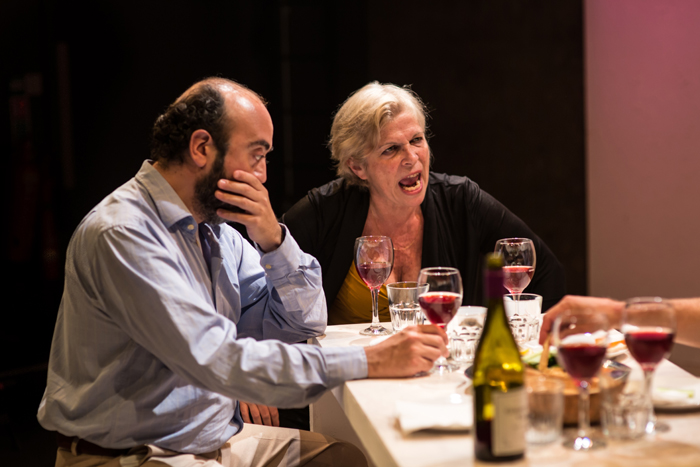
Although matriarch Varda is nominally at the centre of the story, out and proud as a still-sexy 58-year-old wife, mother and grandmother in Trudy Weiss’s big expansive performance, Pascal’s skill is to ensure that the audience gets to know each character equally well and the joys and loves, traumas and tensions that have brought them to where they are on this crucial day in 2003.
Regardless of whether you sympathise, understanding where each is coming from is a way into understanding what life is like "on the ground" in this complex, frustrating and, for so many, heart-breaking situation.
Pascal has a gift for drawing feisty women of both generations presented here warts and all. Varda’s relationships with her daughter and daughter-in-law have their upsides and downsides. Her free-spirited daughter Liora (a vivid performance from Lousia Clein) is a defiantly free spirit, with a messy love life – and a real love of the life she spends working with young people from Arab and Jewish communities towards coexistence. Daughter-in-law Yael may represent the Sephardi community in Pascal’s microcosm, but she is no cipher. She is a warm wife and mother (Israeli actor Adi Lerer has a lovely warmth), who, with her Algerian background, also professes an understanding for and with the Palestinian-Arab community. It’s easy to see why the girl might find infuriating self-centred Varda hard work. And Varda’s business interests, past and present, as a realtor and as an employer of cheap Arab labour, make for some uneasy skeletons in the cupboard. But again the particular standing for the whole does not make for a cardboard character.
Pascal also succeeds in avoiding the schematic in drawing her men. As refusenik Gideon, the solider who wants out, David Ricardo-Pearce is sympathetic, then actually heart-breaking, describing the traumatic events of conflict that haunt him and the sheer emotional demoralisation of serving in the IDF in the occupied territories. So even as the tensions within his apparently happy, sensual marriage with Yael become more evident, they become easier to understand too. Chris Spyrides’ Sergei injects humour into the tension and the audience quickly latches on to his repeated catchphrase "Sorry about that!", but he too has a story of tragedy, for as a Soviet Jew, he has lost his son in the Afghan conflict.

The Arabs at the restaurant represent different generations too. There’s gentle peacemaker Sammy, the Christian restaurant proprietor (played by a sympathetic Andy Lucas). Waleed Elgadi is powerful as Yusuf, uncompromising in his demands for reparations for his family , finding his voice as he comes to believe in the justice of his cause, yet trying to curb his hot-headed younger brother Sharif (Alistair Toovey, convincingly turning from teenage hothead to something more dangerous at the perceived injustices perpetrated on his friends and his people).
There are also telling recollections. Gideon relives the agony of losing his best friend in the violence and Liora remembers seeing an Arab family pull up outside her house pointing at itand then realising that “our home was once their home.” Plus there are some memorable phrases, some straight from Pascal’s pen and others she has found and put to good use. A character talks of the desire “to die old in the place where your ancestors died”, which might sum up the desire of either community for the right to put down roots. “Too much history, not enough geography” and “Alzheimers, the perfect Jewish disease” are just two of the wry, self-deprecating, but neat phrases that sum up the situation from the Jewish point of view.
Although absorbing and sometimes heart-breaking, at two hours 40 minutes, including the interval, the play might perhaps have benefited from pruning this time round. Pascal directs her committed cast on Claire Lyth’s simple, versatile set with verve and depth, though it might have added new perspective to see what a fresh director made of it.
As the play previewed, the murder of a Palestinian baby as his home was firebombed by Jewish settler arsonists and the stabbing to death of a teenage girl on Tel Aviv’s annual Gay Pride march by an Orthodox activist were the headlines that underlined that sadly this is indeed a timely revival.
**Please note that since this review was written, Julia Pascal has pointed out this is indeed a fresh production for her, so that she comes fresh to her play as its director. The original production was by Jack Gold.**
By Judi Herman
Photography by Mia Hawk
Crossing Jerusalem runs until Saturday 29 August. 7.45pm & 3.15pm. £12.50-£18. Park Theatre, Clifton Terrace, N4 3JP; 020 7870 6876. www.parktheatre.co.uk
Hear writer/director Julia Pascal speaking to JR's arts editor Judi Herman about her play and her reasons for writing it – and for reviving it now.
(NB: Thanks to the tube strike this interview was recorded via Skype and is not of the finest quality, but hopefully rewards the patient and persistent listener!)
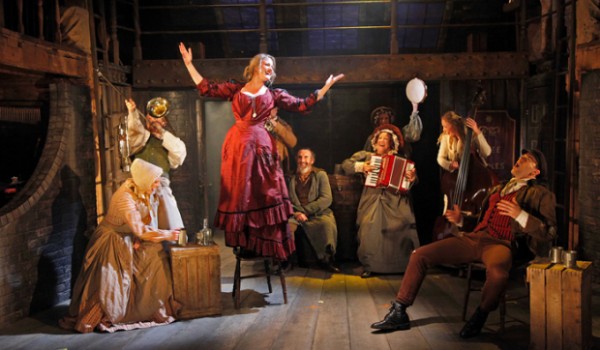 ★★★★★
Lionel Bart’s glorious musical is an extraordinary mixture of the dark and the life-enhancing. It’s as if he’s channelling Dickens in his words and music to retell the genuinely thrilling and affecting story of the young orphan’s adventures in the cruel world of 19th-century London.
★★★★★
Lionel Bart’s glorious musical is an extraordinary mixture of the dark and the life-enhancing. It’s as if he’s channelling Dickens in his words and music to retell the genuinely thrilling and affecting story of the young orphan’s adventures in the cruel world of 19th-century London.


